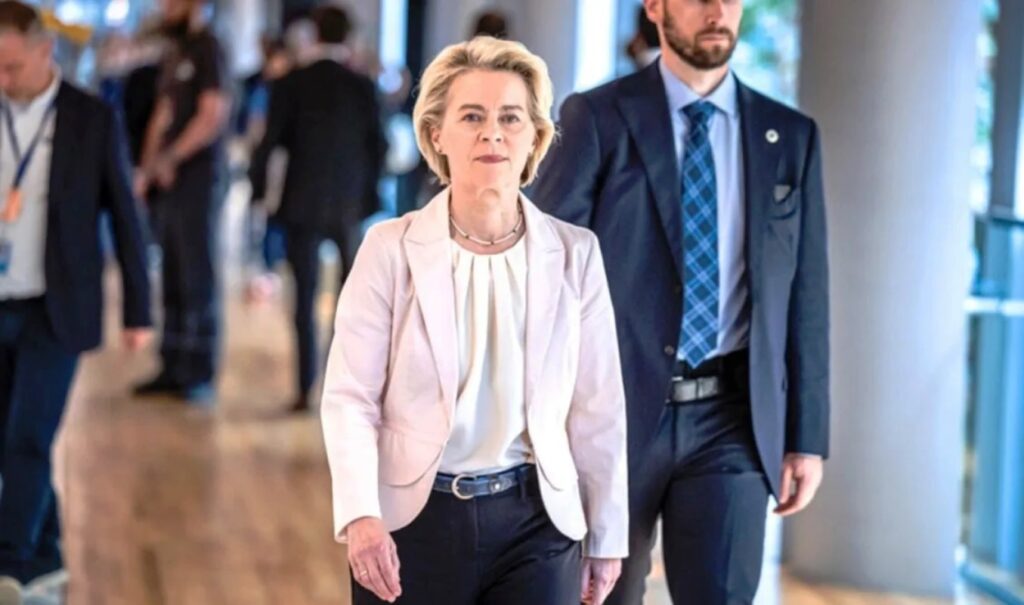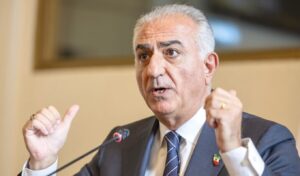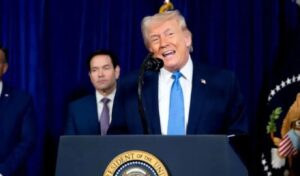A new trade agreement proposal between the USA and EU includes maintaining a base tariff of 10% on all European products, with exemptions for sensitive sectors such as aircraft and alcoholic beverages. The proposal was submitted by the Trump administration to the European Union, according to a European diplomat and national official who spoke to Politico.
US tariff delay until August 1st
The Trump administration announced on Sunday the postponement of imposing extensive tariffs until August 1st, giving countries negotiating new trade agreements with the US breathing room. Tariffs for countries that fail to reach an agreement will return to April 2nd levels.
The sending of related notifications began on Monday with South Korea and Japan, which will face 25% tariffs from August 1st if no agreement is reached.
EU negotiations with Trump administration
European Trade Commissioner Maros Sefcovic is in open communication with the American government, following the phone call between President Trump and European Commission President Ursula von der Leyen on Sunday. Diplomats reported that Sefcovic briefed EU ambassadors, emphasizing that the Commission does not expect to receive one of the letters with new tariffs.
The framework of the trade agreement remains unclear and diplomats emphasize that whatever is agreed upon will need Trump’s final approval.
Sensitive sectors in trade negotiations
Washington has given no indication whether it intends to exempt politically sensitive industries, such as:
• Automobiles
• Steel and aluminum
• Pharmaceutical products
Conversely, countries like France, Italy and Ireland are expected to be satisfied by possible exemptions for aircraft and alcoholic beverages in the new trade agreement.
Official extension for tariff implementation and timeline
White House Press Secretary Caroline Levitt stated on Monday that an executive order will make the tariff suspension extension official. Until then, the EU was operating with a July 8th deadline for reaching an agreement, with the Commission indicating it would work intensively for an agreement until Wednesday.
Irish Trade Minister Simon Harris confirmed on Monday evening that “we can now expect an extension of the current regime until August 1st, so there is additional time to reach an agreement in principle between the EU and US”.
Challenges for Brussels
In this context, Brussels is called upon to balance between accepting potential asymmetry in negotiations with Washington and the risk of facing unpredictable reversals from the Trump administration again.
In a meeting held on Monday evening, the atmosphere described by diplomats was “heavy,” as there were no assurances from the US about avoiding new surprise tariff changes.
The European Commission declined to comment further, limiting itself to stating that “negotiations continue”.




